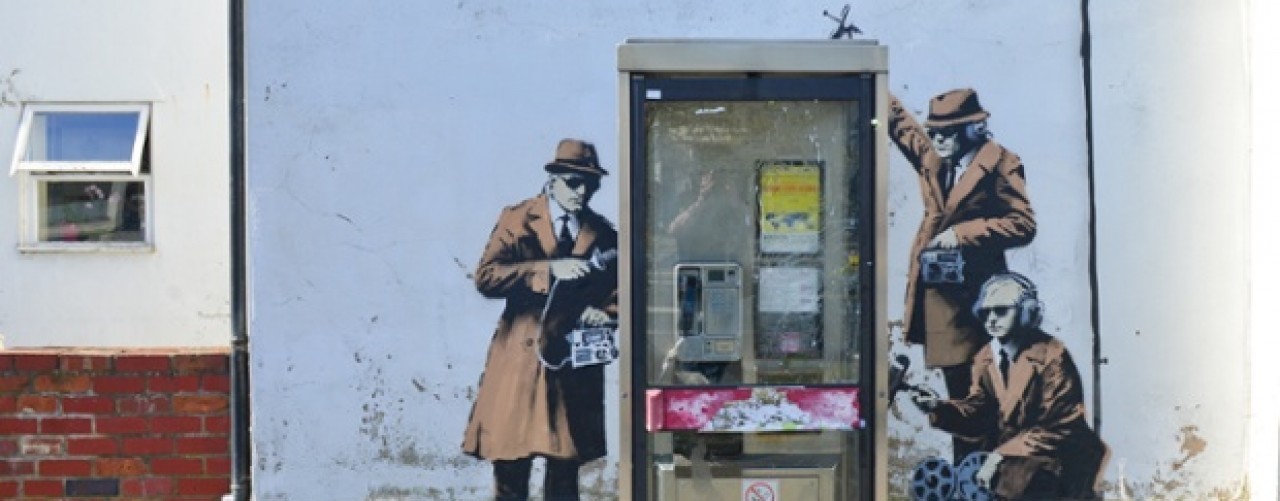21st Century Wire says…
Others have concealed insight and meaning, carefully embedded in there works ironically produced by the very machine they were covertly exposing through their art. It’s debatable whether filmmakers such as these could be considered occult ‘whistleblowers’, or are they merely introducing subversive images, ideas and concepts into the subconscious minds of viewers – or a bit of both.
One such artist was filmmaker David Lynch. The celebrated director achieved a cult following from fans through his challenging representation of stories and characters, with so much hidden between the lines in his art.

‘I learned that just beneath the surface there’s another world, and still different worlds as you dig deeper.’
– David Lynch
Here’s one writer’s excellent analysis of Lynch’s classic film, Mulholland Drive…
Hollywood Occult Brainwashing in Lynch’s ‘Mulholland Drive’
The Academy Award-nominated 2001 work of David Lynch, Mulholland Drive, is remembered by most as a macabre, satirical nightmare dreamscape of Neo-noir centering around a typical girl next door’s dream of becoming the next Hollywood starlet.
That is about the only thing viewers can agree the film is about. Reviewers speak of “surrealism,” “imagination,” “nightmares,” and a few of the more philosophical pieces look at semiotics in relation to the performance at ‘Club Silencio’, yet no one seems able to truly crack the language of Mulholland, even with Lynch’s clues and hints. In my analysis, I want to propose something radically different – Mulholland follows Lost Highway as a similar story of Hollywood dark side, but with a new twist, revealing actual occult brainwashing techniques. Not only that, Lynch’s film will make “twilight language” references to a host of esoteric subjects, including theManson Murders and the CIA’s MKULTRA mind control programs.

In terms of decoding films and life in general, Lynch himself has said: “We all find this book of riddles and it’s just what’s going on. And you can figure them out. The problem is, you figure them out inside yourself, and even if you told somebody, they wouldn’t believe you or understand in the same way you do. You’d suddenly realize that the communication wasn’t 100 percent. There are a lot of things like that going on in life, and words just fail you.” (Lynch on Lynch, pgs. 25-6) From this platform we can further posit that Lynch does have a secret significance for his films and the symbolism has a definite, although obscure, meaning, if the viewer is skilled enough at decoding the “twilight language.”
“The hypnotic courier”, on the other hand, provides a unique solution. I was involved in preparing many subjects for this work during World War II. One successful case involved an Army Service Corps Captain whom we’ll call George Smith.
Captain Smith had undergone months of training. He was an excellent subject but did not realize it. I had removed from him, by post-hypnotic suggestion, all recollection of ever having been hypnotized.
First I had the Service Corps call the captain to Washington and tell him they needed a report of the mechanical equipment of Division X headquartered in Tokyo. Smith was ordered to leave by jet next morning, pick up the report and return at once. Consciously, that was all he knew, and it was the story he gave to his wife and friends.
Then I put him under deep hypnosis, and gave him — orally — a vital message to be delivered directly on his arrival in Japan to a certain colonel — let’s say his name was Brown — of military intelligence. Outside of myself, Colonel Brown was the only person who could hypnotize Captain Smith. This is “locking.” I performed it by saying to the hypnotized Captain: “Until further orders from me, only Colonel Brown and I can hypnotize you. We will use a signal phrase ‘the moon is clear.’ Whenever you hear this phrase from Brown or myself you will pass instantly into deep hypnosis.” When Captain Smith re-awakened, he had no conscious memory or what happened in trance. All that he was aware of was that he must head for Tokyo to pick up a division report…
Continue this story at Intellihub
READ MORE HOLLYWOOD NEWS AT: 21st Century Wire Hollywood Files
